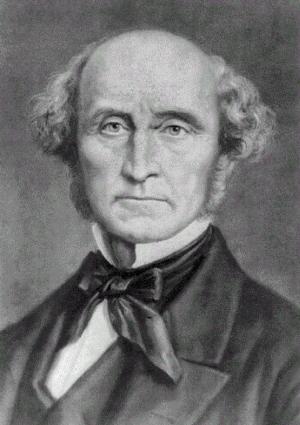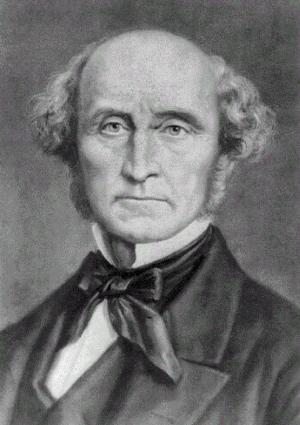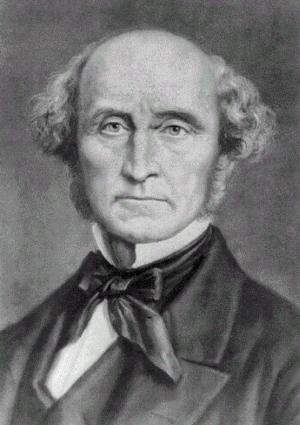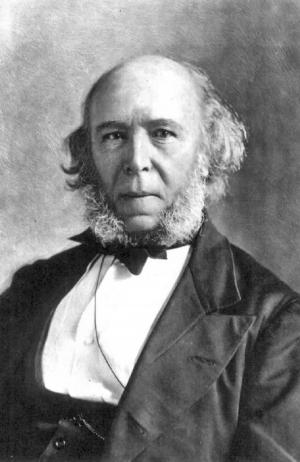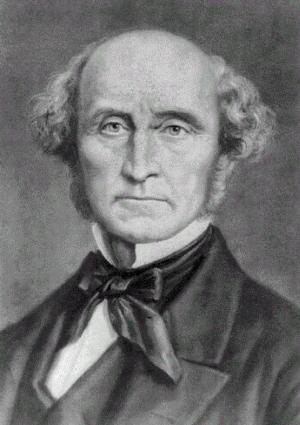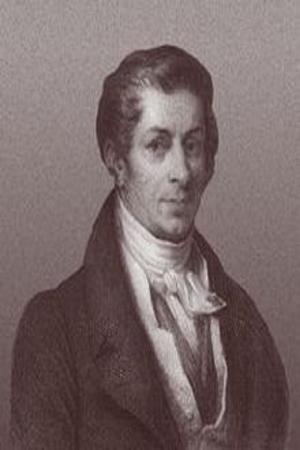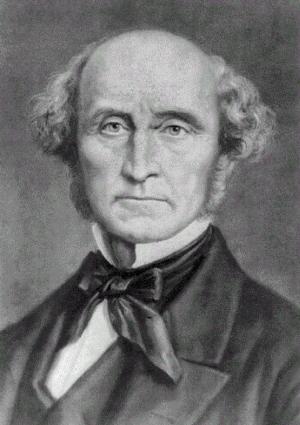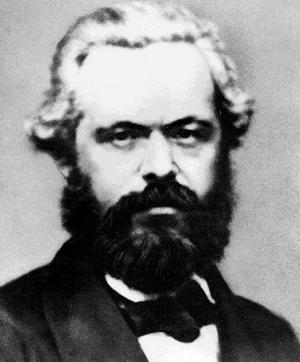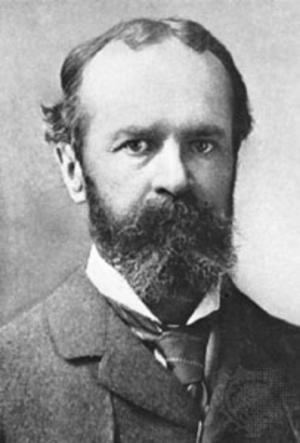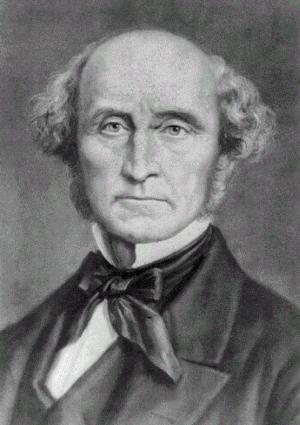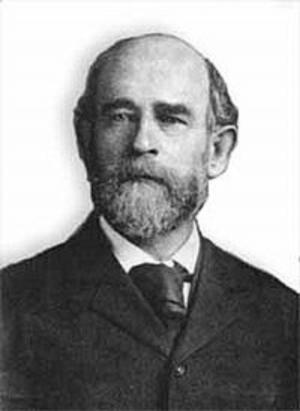Three Letters to the Morning Chronicle on the Bullion Report (Illustrated)
Business & Finance, Economics, Macroeconomics, Theory of Economics| Author: | David Ricardo | ISBN: | 1230000273564 |
| Publisher: | AS Team | Publication: | October 12, 2014 |
| Imprint: | Language: | English |
| Author: | David Ricardo |
| ISBN: | 1230000273564 |
| Publisher: | AS Team |
| Publication: | October 12, 2014 |
| Imprint: | |
| Language: | English |
The book has an active table of contents for easy access to each chapter.
David Ricardo made essential contributions to classical economics and has been called the most influential classical economist along with Adam Smith, Thomas Malthus, and John Stuart Mill.
In addition to the theory of comparative advantage, Ricardo’s most important legacy is on the subjects of momentary theory such as metallic currency and inflation. Using the essay The High Price of Bullion, he laid out the theoretical foundation of the repeal of the Bank Restriction Act of England.
Ricardo’s first pamphlet, The High Price of Bullion a Proof of the Depreciation of Bank Notes, was published in 1810. During The French Wars from 1792 to 1815, Bank of England printed too much paper money and caused inflation in England. In the essay, he argued in favour of a metallic currency. Ricardo further told Bank of England in the essay that inflation also affected foreign exchange rates and the flow of gold.
The Bullion Committee was appointed by the House of Commons of England in 1819. At the end, the Bullion Committee confirmed Ricardo's views and recommended the repeal of the Bank Restriction Act.
The letters in this book are the important thoughts and discussions by David Ricardo on the Report of the Bullion Committee and are the additional explanation of his views in the essay The High Price of Bullion a Proof of the Depreciation of Bank Notes.
This is a must-read book for people who are also interested in the deepest thoughts and views about the core monetary subjects such as inflation, metallic currency, paper currency, and gold by David Ricardo, one of the greatest thinkers on the planet.
The book has an active table of contents for easy access to each chapter.
David Ricardo made essential contributions to classical economics and has been called the most influential classical economist along with Adam Smith, Thomas Malthus, and John Stuart Mill.
In addition to the theory of comparative advantage, Ricardo’s most important legacy is on the subjects of momentary theory such as metallic currency and inflation. Using the essay The High Price of Bullion, he laid out the theoretical foundation of the repeal of the Bank Restriction Act of England.
Ricardo’s first pamphlet, The High Price of Bullion a Proof of the Depreciation of Bank Notes, was published in 1810. During The French Wars from 1792 to 1815, Bank of England printed too much paper money and caused inflation in England. In the essay, he argued in favour of a metallic currency. Ricardo further told Bank of England in the essay that inflation also affected foreign exchange rates and the flow of gold.
The Bullion Committee was appointed by the House of Commons of England in 1819. At the end, the Bullion Committee confirmed Ricardo's views and recommended the repeal of the Bank Restriction Act.
The letters in this book are the important thoughts and discussions by David Ricardo on the Report of the Bullion Committee and are the additional explanation of his views in the essay The High Price of Bullion a Proof of the Depreciation of Bank Notes.
This is a must-read book for people who are also interested in the deepest thoughts and views about the core monetary subjects such as inflation, metallic currency, paper currency, and gold by David Ricardo, one of the greatest thinkers on the planet.



